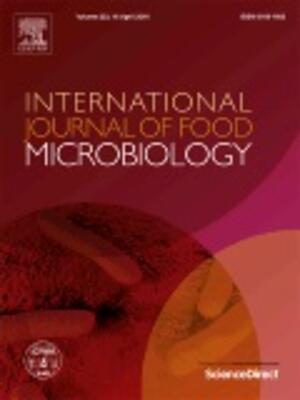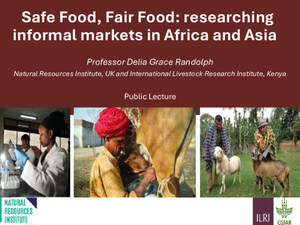
Changing demand for animal source foods and their effects on the provision of ecosystem services
Abstract
Higher incomes in developing countries are associated with dietary shifts away from traditional staples towards highly processed foods and foods with higher nutritive value, such as animal source foods (Popkin 2004; Delgado et al. 2001). These shifts, in combination with population growth, urbanization and related factors, will have an important bearing on the evolution and capacities of production and environmental systems. In the case of animal source foods, it will be critical to improve understanding of the nature of the emerging demand, as well as its effects on capacities of production systems to continue supporting production in the long-term (ILRI 2019). The Meeting Future Demand for Animal-based Foods project, a multi-centre initiative co-funded by the CGIAR research programs on Policies, Institutions and Markets (PIM); Livestock; Fish; and Bioversity International recently studied these related themes. The purpose of the project was to explore current and future meat and fish consumption patterns, assess implications for sustainable development goals (SDGs) related to human nutrition and management of environmental and ecosystem services and derive policy implications for livestock and fish sector development in a case study country.
Citation
Enahoro, D., Kozicka, M., Pfeifer, C., Jones, S., Tran, N., Chan, C.Y., Sulser, T.B., Gotor, E. and Rich, K.M. 2019. Changing demand for animal source foods and their effects on the provision of ecosystem services. ILRI Research Brief 93. Nairobi, Kenya: ILRI.









